From South America to Your Home: The Journey of Rex Guinea Pig
Get ready to go on a journey through South America and discover the fascinating story of the Rex guinea pig. Check our complete guide to Rex!

Guinea pigs have long been cherished as adorable and sociable pets, and among the various breeds, the Rex Guinea Pig stands out with its unique appearance and endearing qualities. In this comprehensive guide, we'll explore the fascinating journey of the Rex Guinea Pig from the grasslands of South America to becoming a beloved household pet.
Key Takeaways:
- Understand the origins and physical characteristics of Rex Guinea Pig breed.
- Learn about the specific care requirements for Rex Guinea Pigs, including guinea pigs diet and grooming.
- Discover how to create the ideal living environment for these small animals to ensure their health and happiness.
A Brief History: The South American Roots
The story of the Rex Guinea Pig begins in the lush landscapes of South America, where these small animals, known as cavies, were first domesticated. Spanish explorers encountered these creatures and were intrigued by their friendly nature and ease of care, leading to their spread across Europe and eventually the world.
The Genetic Mutation: Birth of the Rex Breed
The Rex Guinea Pig is a product of a genetic mutation that gives it a unique and distinctive look. Unlike other guinea pig breeds, the Rex's coat lacks guard hairs, resulting in a much softer coat that feels coarse to the touch. This mutation has been carefully preserved and bred for, creating the Rex breed we know today.
Recognizing the Rex: Physical Characteristics
One of the largest guinea pig breeds, the Rex is known for its curly fur and whiskers, which give it a hedgehog-like appearance. The breed's curly coat is plush and thick, and while it may appear coarse, it is actually quite soft. Their droopy ears and forward growing hair add to their charm and distinguish them from other breeds.
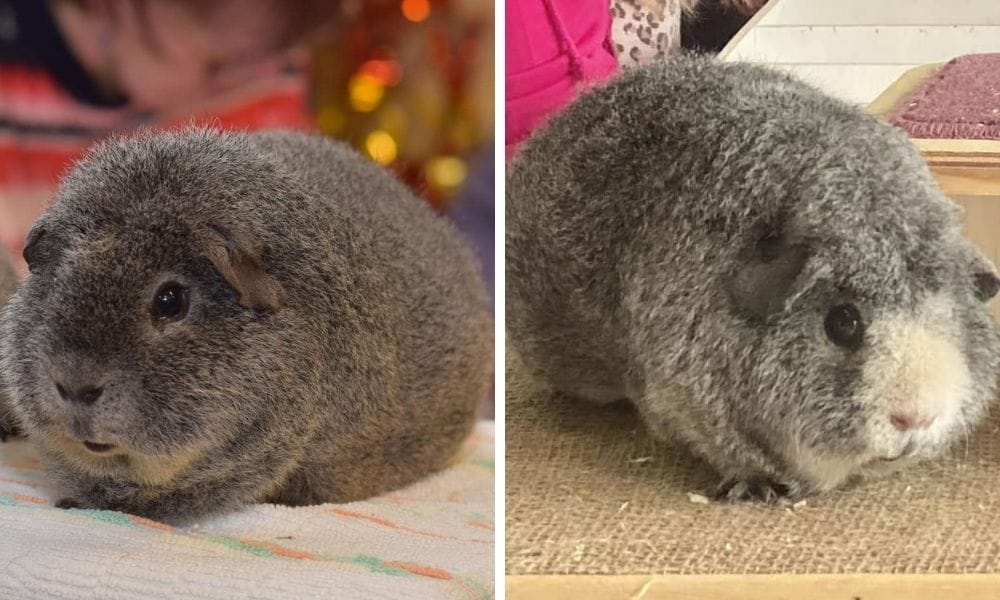
The Curly Coat: Rex Guinea Pig Grooming
Grooming a Rex Guinea Pig involves using a soft-bristled brush to brush gently through their curly coat. Regular grooming is essential to prevent mats and tangles, and it also provides an opportunity to bond with your pet. Despite their coarse coat, Rex piggies require gentle handling to maintain their distinctive look without causing discomfort.
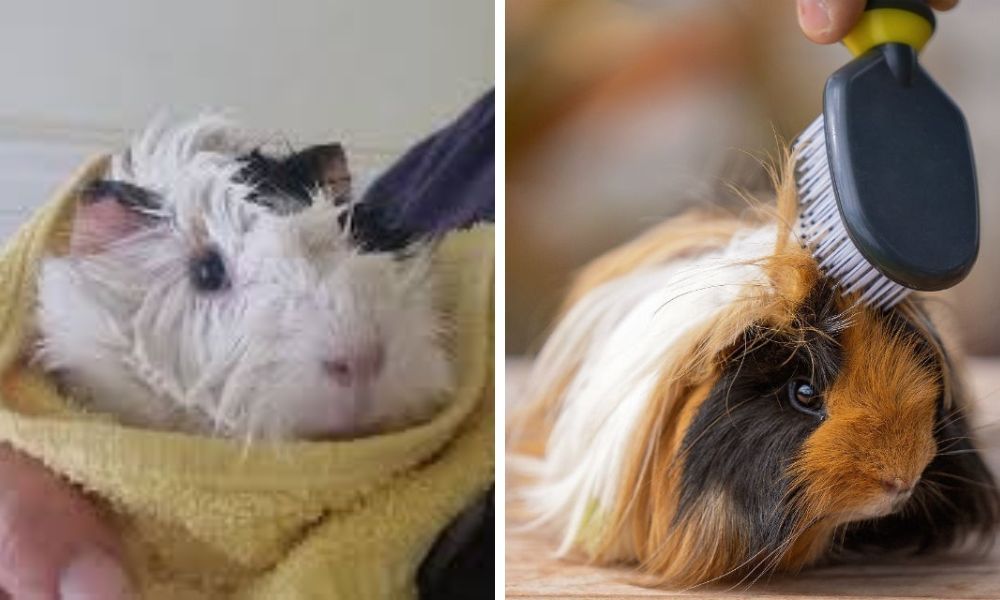
Diet and Nutrition: What Do Rex Guinea Pigs Eat?
A Rex Guinea Pig's diet should consist of fresh hay, fresh vegetables, and a continuous supply of drinking water. They require a diet high in vitamin C, as they, like other guinea pigs, cannot synthesize it on their own. Providing a balanced diet is crucial for preventing health problems such as dental issues and urinary problems.
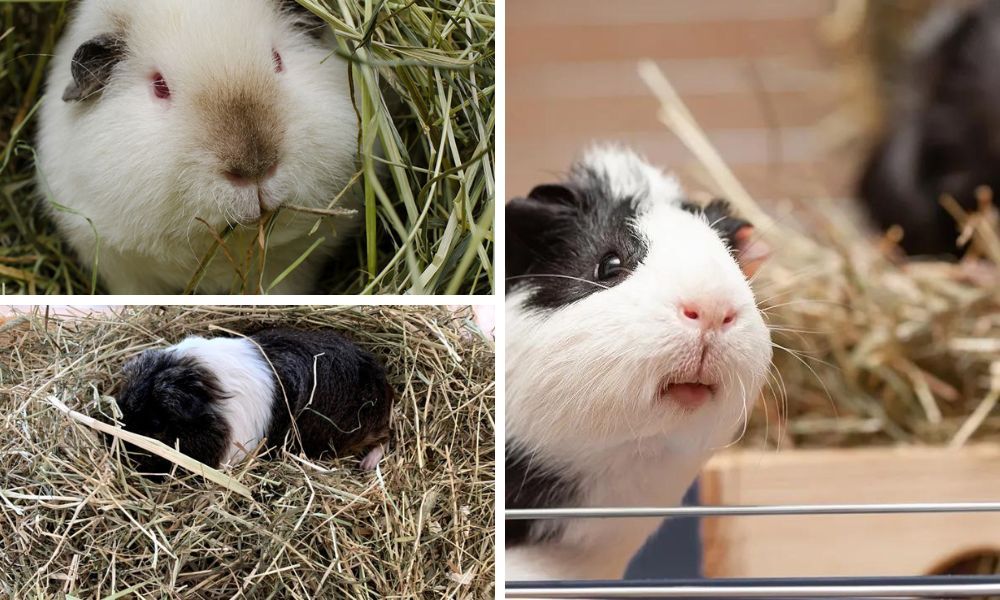
The Ideal Habitat: Creating a Comfortable Home
When it comes to housing, Rex Guinea Pig needs a larger enclosure than some other breeds due to their size. Cage size should allow for regular exercise and exploration, as well as areas for hiding and sleeping. A comfortable and spacious environment is key to keeping your Rex happy and healthy.

Social Creatures: The Importance of Companionship
Rex Guinea Pigs, much like other guinea pigs, thrive on social interaction. They are great pets that enjoy the company of their own kind, so consider housing them with other guinea pigs. Each Rex has its own personality, and they can form strong bonds with both their human caretakers and other guinea pigs.
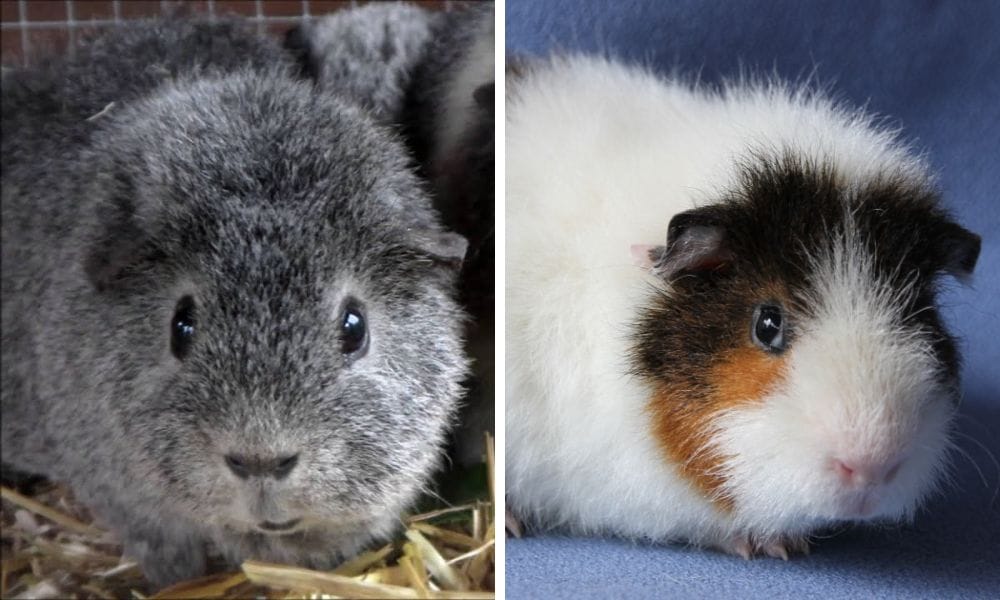
Health and Wellness: Common Issues in Rex Guinea Pigs
While Rex Guinea Pig makes excellent pet, they are prone to certain health problems, including respiratory infections and skin issues. Regular check-ups with a veterinarian familiar with small animals can help catch and treat any issues early on. A clean living space and proper diet go a long way in preventing common ailments.
The Unique Grooming Needs of Rex Guinea Pigs
When it comes to grooming, Rex guinea pig stand out from their short-haired cousins like the teddy guinea pigs. Their unique coat requires a bit more attention to maintain its plush, velvety texture. Unlike the Cornish Rex or Devon Rex cats, which have similar curly coats, Rex guinea pig doesn't have guard hairs, making their fur denser and softer to the touch. To keep their coat in top condition, it's recommended to use a soft-bristled brush. This gentle approach helps to detangle their fur without causing any discomfort or damage to their skin.
Regular grooming sessions not only keep the Rex's coat looking its best but also provide an opportunity to bond with your pet. While brushing, it's a good time to check for any signs of skin issues or parasites that could hide in their dense fur. Additionally, guinea pig's nails also need regular trimming to prevent overgrowth and discomfort. It's important to use a proper nail clipper and if you're unsure about the process, a quick search online can open a new window to tutorials or you can seek help from a vet or a knowledgeable pet store employee.
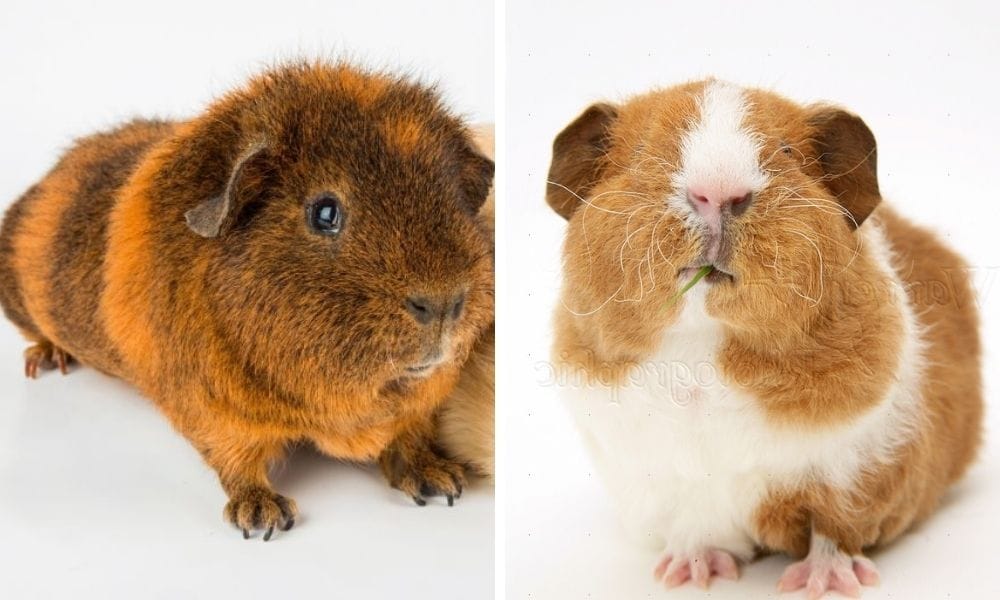
The Playful Personality: Understanding Rex Guinea Pig Behavior
Have you ever wondered what makes a Rex guinea pig such an excellent pet? Well, it's not just their unique hedgehog-like appearance that captivates the hearts of small pet enthusiasts. These little creatures are known for their playful and affectionate demeanor. Unlike their distant cousin, the teddy guinea pig, which has a similar short hair coat, Rex guinea pig exhibit a zest for life that's infectious. They love to explore their surroundings, often showing a curious and inquisitive nature that makes them delightful companions.
Their behavior is not only entertaining but also indicative of their well-being. A happy Rex will be active, engaging with toys, and responsive to their human friends. It's essential to provide them with a stimulating environment to cater to their active nature. This includes having a spacious habitat with areas to hide, climb, and explore. Remember, a bored Rex is more prone to stress and health issues, so keep their minds and bodies active!
Rex Guinea Pig Reproduction: Debunking Myths
When it comes to breeding and understanding the reproductive habits of Rex guinea pigs, there's a common myth that needs to be addressed—they do not lay eggs. This may seem obvious to some, but the confusion arises from their name, which they share with the egg-laying king of dinosaurs, the Tyrannosaurus Rex. In reality, Rex guinea pig give birth to live young, known as pups. The breeding process should be approached with care, as it requires a good understanding of their needs and potential genetic issues that can arise, especially when considering the unique traits of Rex's coat.
Prospective breeders should also be mindful of the guinea pig's nails, which require regular trimming to prevent overgrowth and discomfort. This is particularly important for pregnant females, as overgrown nails can lead to difficulties in nesting and caring for their young. Breeding Rex guinea pig can be a rewarding experience, but it's crucial to do thorough research and possibly consult with experienced breeders or veterinarians to ensure the health and safety of both the mother and her pups.
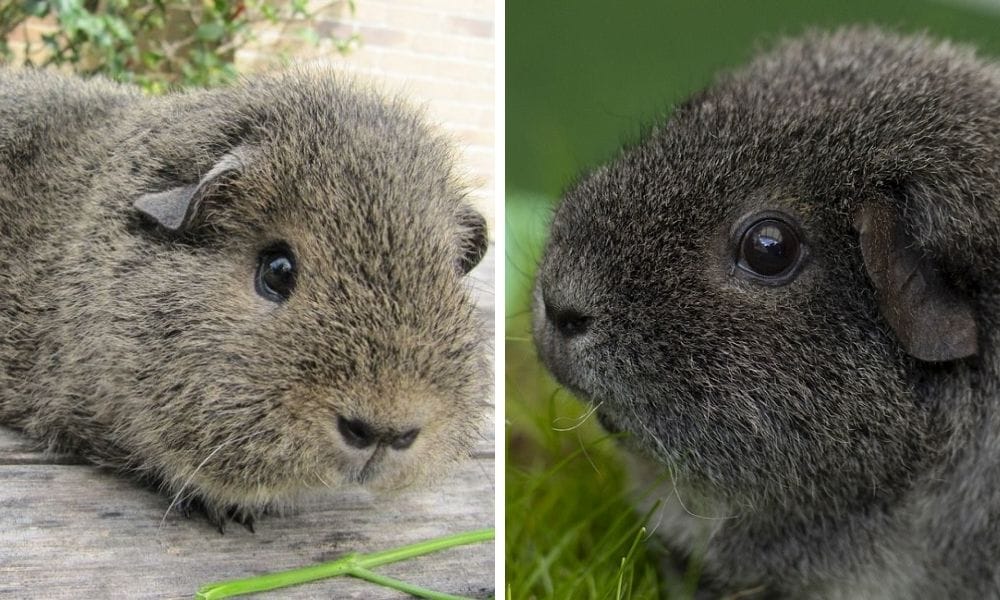
Rex Guinea Pigs and Temperature Sensitivity
Rex guinea pigs, originally bred for their distinctive hedgehog-like appearance, have some specific needs when it comes to their environment, especially concerning temperature. Their dense coat, while luxurious, is not as effective at insulating them against colder temperatures as one might think. To ensure your Rex stays comfortable, it's crucial to maintain a stable environment that's free from drafts and sudden temperature changes. During the colder months, providing extra bedding or even a safe, warm hideout can help your Rex maintain its body heat.
Conversely, in warmer climates or during the summer, Rex guinea pig can overheat due to their thick fur. It's essential to keep their habitat in a cool area of your home and out of direct sunlight. Some owners find that a ceramic tile or a specially designed cooling pad can offer a much-needed respite from the heat. Always ensure they have access to fresh water to stay hydrated. Remember, whether dealing with colder temperatures or trying to beat the heat, the comfort and health of your Rex should always be a top priority.
The Rex Guinea Pig and Children: A Perfect Match?
Rex Guinea Pigs are generally good pets for families with children due to their docile nature. However, it's important to teach children how to handle these small animals properly to avoid injury to the pet. Supervised interaction can be a wonderful way for children to learn about caring for animals.
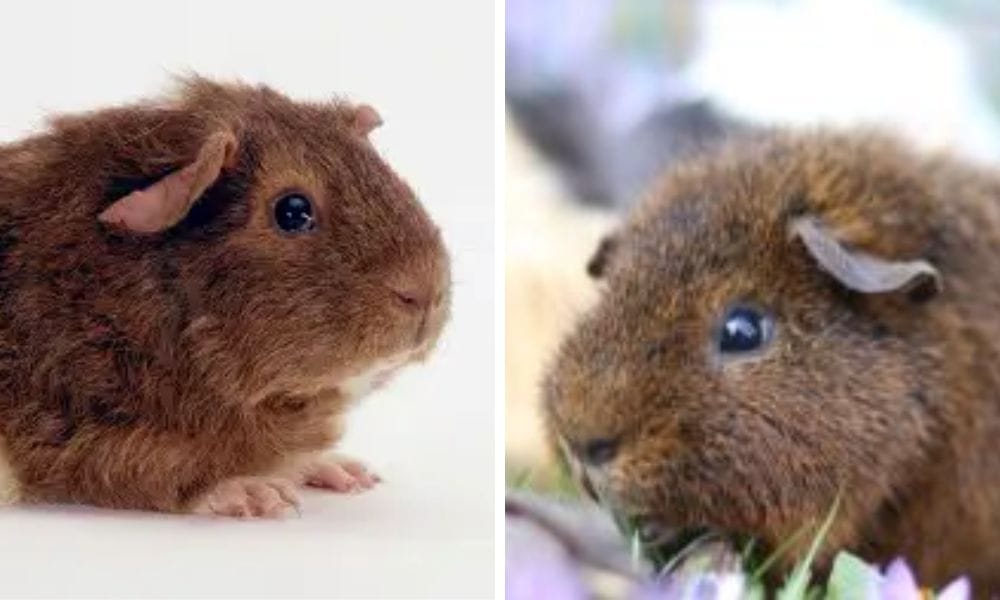
Breeding Rex Guinea Pigs: What to Consider
Breeding Rex Guinea Pigs should be done responsibly and with a thorough understanding of genetics and care requirements. It's important to ensure that there is a demand for the offspring to prevent overpopulation and that the breeding pair is healthy to avoid passing on genetic defects or health issues.
The Rex Guinea Pig's Lifespan: How Long Do They Live?
With proper care, Rex Guinea Pigs can live for several years, typically around 5-7 years. Their lifespan can be extended with a nutritious diet, regular exercise, and prompt medical attention when needed. Creating a loving and stable environment is crucial for their well-being.
The Rex Guinea Pig Community: Finding Support and Resources
There are numerous online communities and pet stores that cater to Rex Guinea Pig enthusiasts. These resources can provide valuable information on care, grooming, and health, as well as opportunities to connect with other Rex owners. Sharing experiences and tips can be incredibly helpful for both new and seasoned Rex owners.
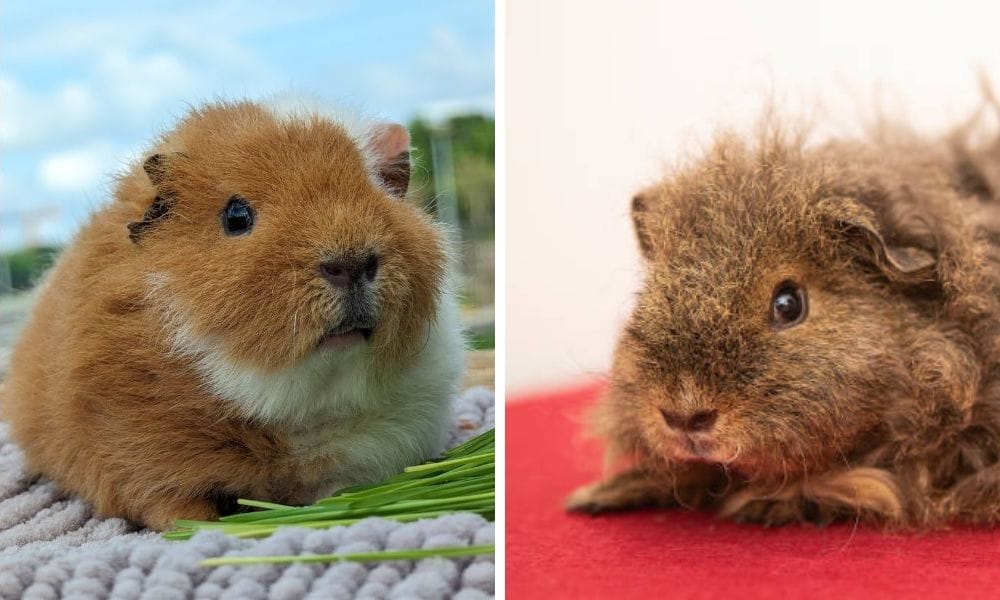
Preparing for a Rex Guinea Pig: Checklist for New Owners
Before bringing a Rex Guinea Pig into your home, it's important to have all the necessary supplies ready. This includes a suitable cage, bedding, food, grooming tools, and toys. Preparing in advance ensures a smooth transition for your new pet and less stress for you as an owner.

Traveling with Your Rex Guinea Pig: Tips for a Safe Journey
If you need to travel with your Rex Guinea Pig, it's important to plan ahead. Ensure they have a secure carrier - travel cage, access to food and water, and protection from extreme temperatures. Travel can be stressful for small animals, so keep journeys short and as comfortable as possible.

The Rex Guinea Pig vs. Other Breeds: Making the Right Choice
When choosing a guinea pig, it's important to consider the differences between the Rex breed and other guinea pig breeds. Rex Guinea Pigs have specific grooming needs and may require a larger living space. Understanding these needs will help you decide if a Rex is the right pet for you.
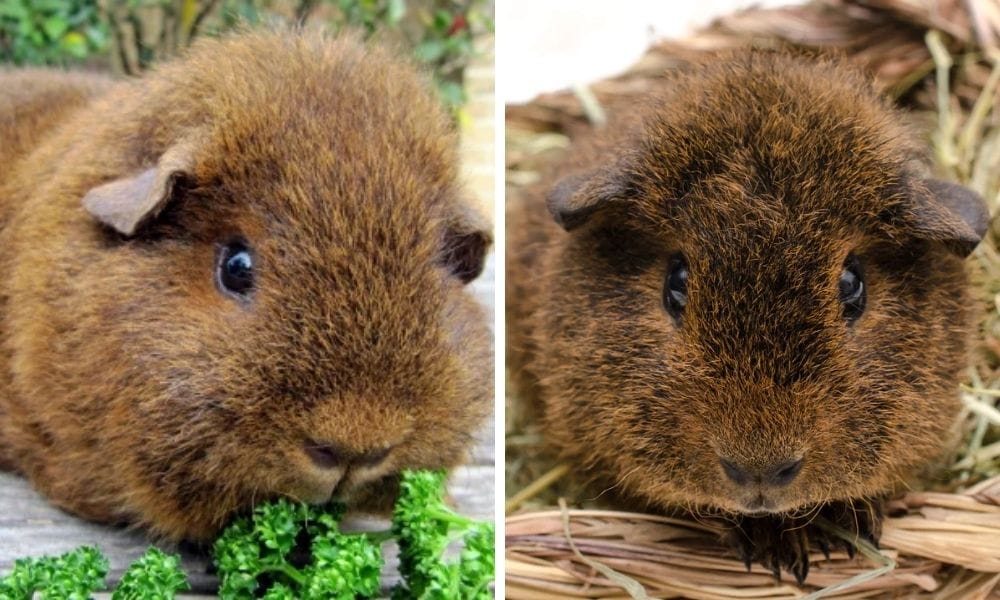
The Future of the Rex Guinea Pig: Conservation and Popularity
As the popularity of Rex Guinea Pigs continues to grow, efforts to conserve the breed and ensure ethical breeding practices are important. Enthusiasts and breeders alike play a role in maintaining the health and diversity of the Rex population, ensuring these charming pets remain available for future generations to enjoy.
Summary
The Rex Guinea Pig is a delightful breed that has traveled from the heart of South America to become a cherished companion in homes around the world. With their unique curly coat, friendly disposition, and specific care requirements, Rex Guinea Pigs are a wonderful choice for those looking to add a small pet to their family. By providing a nutritious diet, proper grooming, and a loving environment, you can ensure your Rex lives a long and happy life.
FAQ Section
Q: How often should I groom my Rex Guinea Pig? A: Rex Guinea Pigs should be groomed at least once a week with a soft-bristled brush to prevent matting and to keep their coat clean.
Q: Can Rex Guinea Pigs live with other breeds of guinea pigs? A: Yes, Rex Guinea Pigs can live with other guinea pig breeds. They are social animals and enjoy companionship, but always introduce new guinea pigs slowly and under supervision.
Q: Do Rex Guinea Pigs require any special dietary considerations? A: Like all guinea pigs, Rex Guinea Pigs require a diet high in vitamin C, which can be provided through fresh vegetables, high-quality pellets, and supplements if necessary. They also need a continuous supply of fresh hay for dental health and digestion.

